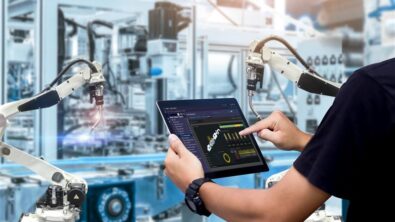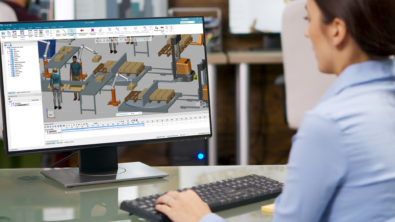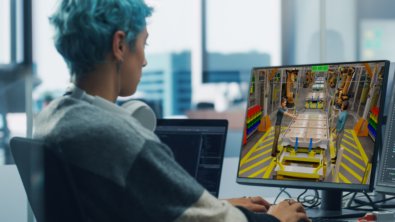SynthAI turbo-charges synthetic data generation for leading electronics plant
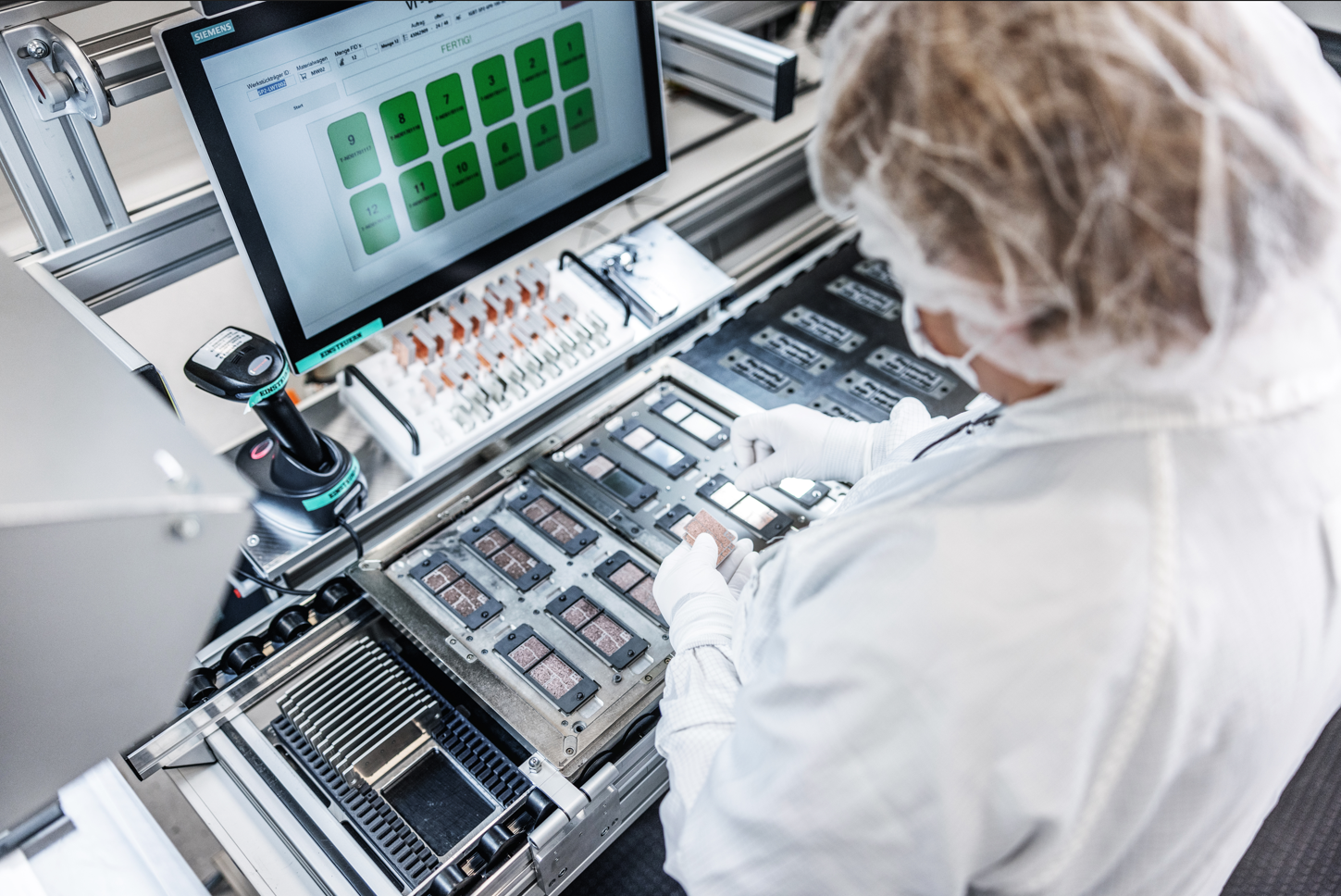
Discover how SynthAI accompanied by NVIDIA Omniverse Replicator enabled GWE engineers to accelerate the set-up time for AI inspection models five times faster than before.
After presenting SynthAI at NVIDIA’s leading AI conference, Siemens continues to collaborate with NVIDIA Omniverse Replicator for synthetic data generation to accelerate defect detection model development. SynthAI currently utilizes a containerized version of NVIDIA Omniverse replicator, hosted on AWS cloud infrastructure, to scale up the generation of high-fidelity photo-realistic synthetic images. Discover how SynthAI and NVIDIA Omniverse Replicator continue to break new ground in the industrial metaverse, specifically using synthetic data to turbocharge model development.
In previous blogs, we discuss how collecting quality data from the real world is challenging, expensive, time-consuming, and often delays the overall manufacturing process. Siemens synthetic data generation application, SynthAI, helps in addressing complex AI development challenges by reducing the amount of real data that needs to be collected for training and improving model accuracy with lesser effort and at a lower cost.
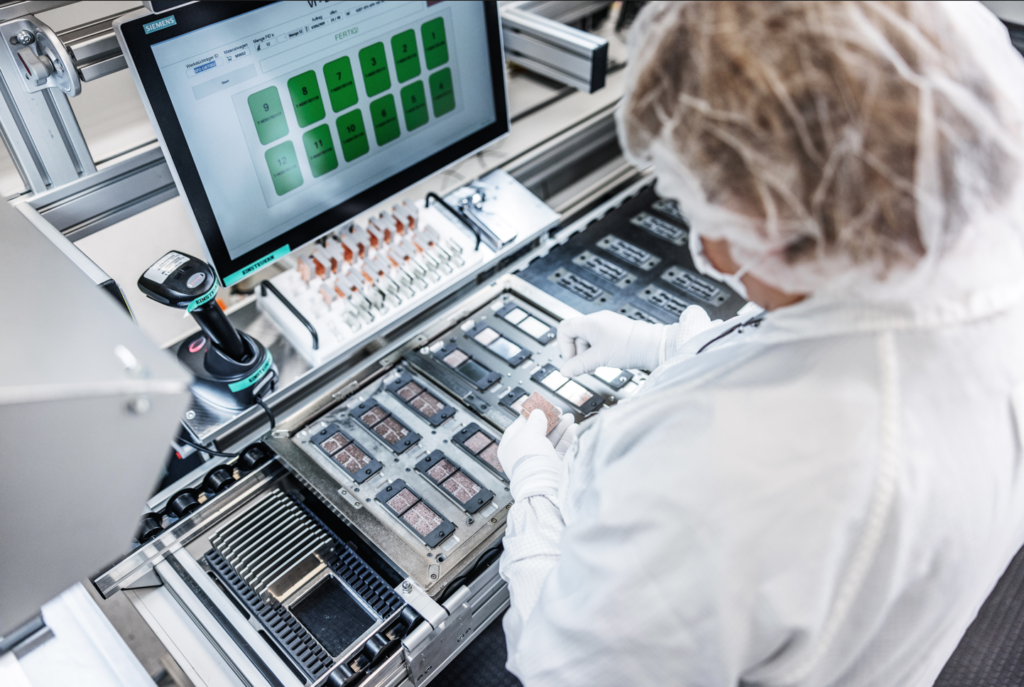
Lead electronics plants uses SynthAI to accelerate inspection models
Discover a real use-case application of SynthAI and Omniverse Replicator that helped a leading electronics plant, GWE (Gerätewerk Erlangen), located in Erlangen, Germany. GWE required an efficient method to develop synthetic data since the traditional way of synthetic data generation is bottlenecked with development constraints that are costly and time-consuming. The electronics plant faced challenges associated with mitigating quality control errors early in the development of new products and production lines due to the lack of production-ready, robust datasets. Therefore, there was a need for a deep learning-based visual inspection system capable of detecting defects that are unpredictable and varied.
Now, GWE now uses SynthAI in its production to accelerate AI model training to produce datasets for defect detection. Without SynthAI, GWE ran the risk of waiting for real errors to happen before it was too late in the manufacturing process. GWE had been working on AI-enabled computer vision using custom methods and different modes of synthetic data generation. The leading electronics plant was successful in reducing the AI model development from months to days using Siemens SynthAI complemented by the Omniverse Replicator.
Using NVIDIA Replicator and Siemens SynthAI technology, we can procedurally generate sets of photorealistic images using the digital models of our products and production resources and an integrated training pipeline to train ready-to-use models. This speeds up our set-up time for AI inspection models by a factor of five.
Maximilian Metzner, of GWE
GWE engineers can now take a 3D CAD model of the object they are training on and import that into SynthAI. Using Replicator, engineers can take the datasets for training AI models and access its powerful randomization features to vary the sizes and locations of defects to develop even more precise results. Once data is generated with Replicator, it can be run through a defect detection model for initial training. This enables GWE engineers to rapidly test and iterate on models, requiring only a small set of data to begin with.
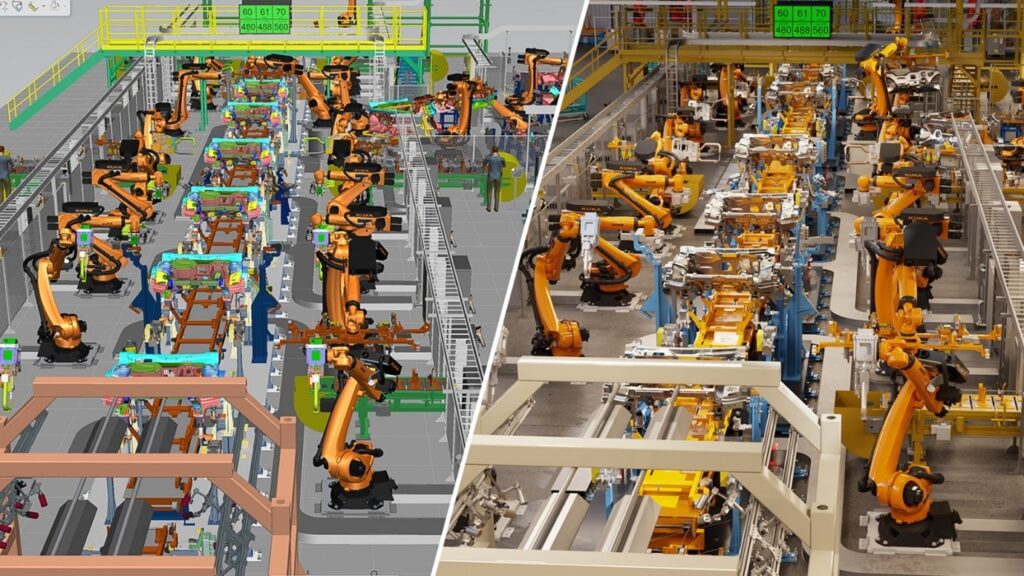
New CAD-based synthetic data generation solutions like the Siemens SynthAI and machine learning frameworks help with defect detection in advance of the assembly and manufacturing process. Siemens SynthAI is helping manufacturers embark on a digitalization journey through interoperable software and IoT enabled hardware to achieve efficient manufacturing processes.
Interested in learning more? Try SynthAI to train object detection machine learning in three easy steps.
